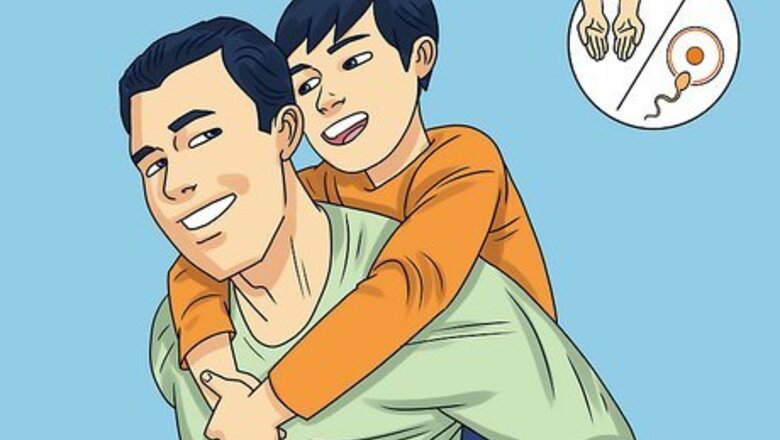
views
- Any male biological parent qualifies as a father, but a dad is the caregiver who raises a child with love, care, and attention.
- A good dad shows emotion, listens to his child, plays with them, and demonstrates positive male behavior.
- Research shows that engaging as a dad will improve the odds your child is happy, successful, and well-adjusted in their relationships.
What makes someone a dad vs. a father?
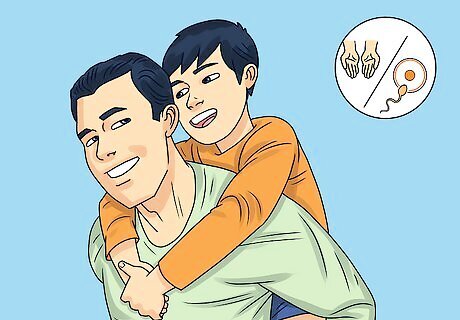
“Father” is a biological term, while a “Dad” is a real parent. A dad is there for his child as a persistent, loving force in their life, while a father just refers to anyone who has had a child. It takes a real commitment and warmth to be a dad, while a father might not even see his child regularly. In other words, a father is a biological parent, while a dad is a caregiver. Just as an example, say a man gets a woman pregnant and runs away from his responsibility. Another man steps up and raises the child. The first guy is rightfully a father, but the second man is a dad. “Father” is also a legal term. In child support and paternity cases, the “father” is whichever male contributed to the birth of the child. That doesn't necessarily make them a dad, though.
Qualities of a Dad
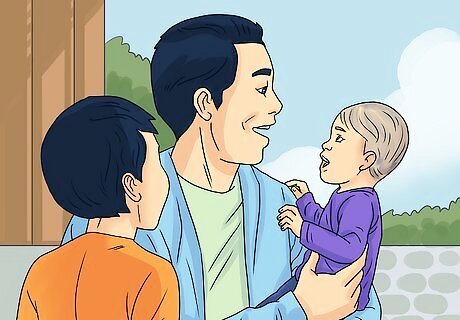
He shows his emotions There’s a stereotype out there that men shouldn’t express the way they feel, but a real dad doesn’t hesitate to express affection, love, or care for their child. They’re vulnerable enough to share their emotions so that their child knows they aren’t alone when they get sad, confused, or scared. A cold, distant father will be too closed off to really share how they feel with their child.
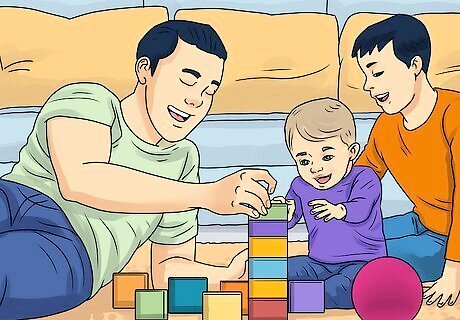
He plays A lot of men think they’re too cool to sit on the ground and play with toy dolls or soldiers or whatever. A real dad will go out of his way to play with his child. Whether it’s a simple game of catch or a Friday night board game family night, a dad will always be there to enjoy the good times with their children. A guy who only sees himself as a father may have better things to do with their time than play with their child.
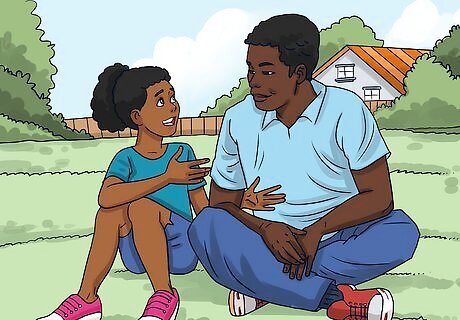
He listens and engages It’s easy to dismiss a child’s opinions or beliefs when you have the perspective of adulthood, but a dad knows his child deserves attention and empathy. When his child is upset, a dad is there to offer a shoulder to cry on. When his child is excited about a new hobby, dad is there to learn all about it and get in on the fun. A father may view himself as merely an enforcer or disciplinarian and refuse to engage with his child on their level.
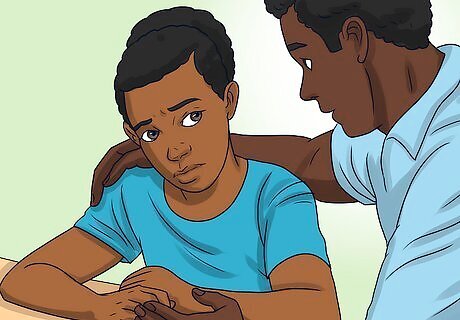
He mentors Children need guidance, advice, and support, and a dad will make sure he’s always available to provide these things for his child. Whether it’s help navigating a tough situation with a school bully, or bouncing back after a tough defeat on the basketball court, a dad will always be around as a resource to his child. An uninvolved father will be more likely to write off their child’s challenges as a learning experience or something to be navigated alone.

He shows his partner respect If he’s married or in a relationship, a dad will demonstrate a genuine appreciation and care for his significant other—especially if his child is around. As the child’s primary caregiver, it’s important for a dad to show his child how others are supposed to be treated. On the other hand, a father may only be interested in what he has or how he’s treated, regardless of what happens to his partner or ex.

He takes care of the household Whether it’s making sure there’s food on the table or cleaning up after that food is consumed, a dad will ensure his family lives the best possible life. On the other hand, a father may refuse to carry out certain household chores on the grounds that it’s the mother’s job, or force his children to take care of tasks he’s responsible for. It means a lot to children if they see their dad and mom (or dad and other dad) sharing the household work and treating one another as equals.
The Impact of a Dad
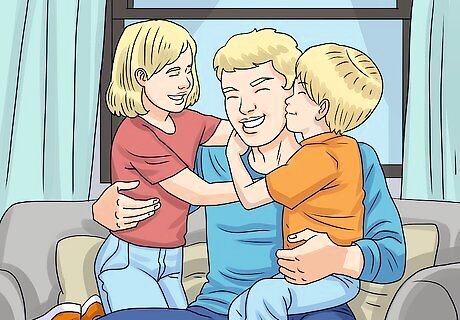
Dads provide their children with a model of male behavior. Children don’t come into the world knowing what they’re supposed to do or what they’re supposed to become. Dads reinforce the ideal model of male behavior, so whatever you do as a dad becomes what your child imagines men are supposed to be. If a dad has a son, that son will likely grow up to model him. If a dad has a daughter, her future partners are likely to resemble her dad behavior- and personality-wise. If you’re kind, present, and empathetic, your son will likely grow up to be the same and your daughter will likely seek out partners who are kind and empathic. Parents also reinforce behaviors in their children. If you’re a friendly dad and you have a son, the odds that they’ll grow up to be friendly increase dramatically.
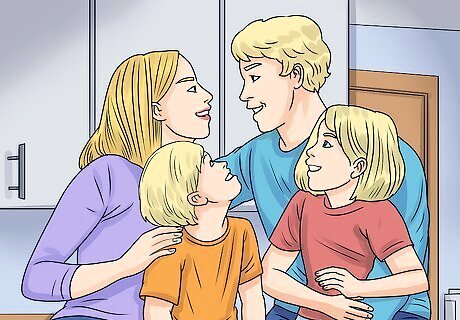
Dads teach their children how to be in a romantic relationship. Research shows that children take their cues on how to date, marry, or love from their parents. If a man is abusive and cruel to his partner, the odds are very high that his children will go on to treat their future romantic partners unfairly. The reverse is also true! If someone’s dad is kind and respectful of the other parent, their child will probably out relationships where each partner is kind and respectful.
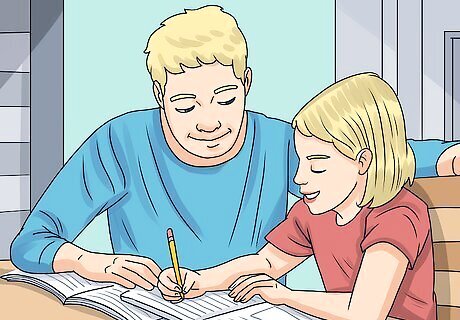
Dads improve the academic and developmental outcomes of their kids. If you’re not involved as a father, your child is more likely to struggle in school and fail to meet developmental benchmarks. They’re also more likely to acquire a personality disorder, or require therapy later in life. If you’re an engaged dad, these problems become much less likely and your child is likely to grow up happy, healthy, and on track. Engaged dads also help raise future engaged parents, so if you ever want well-adjusted little grandchildren, put the work in now!




















Comments
0 comment